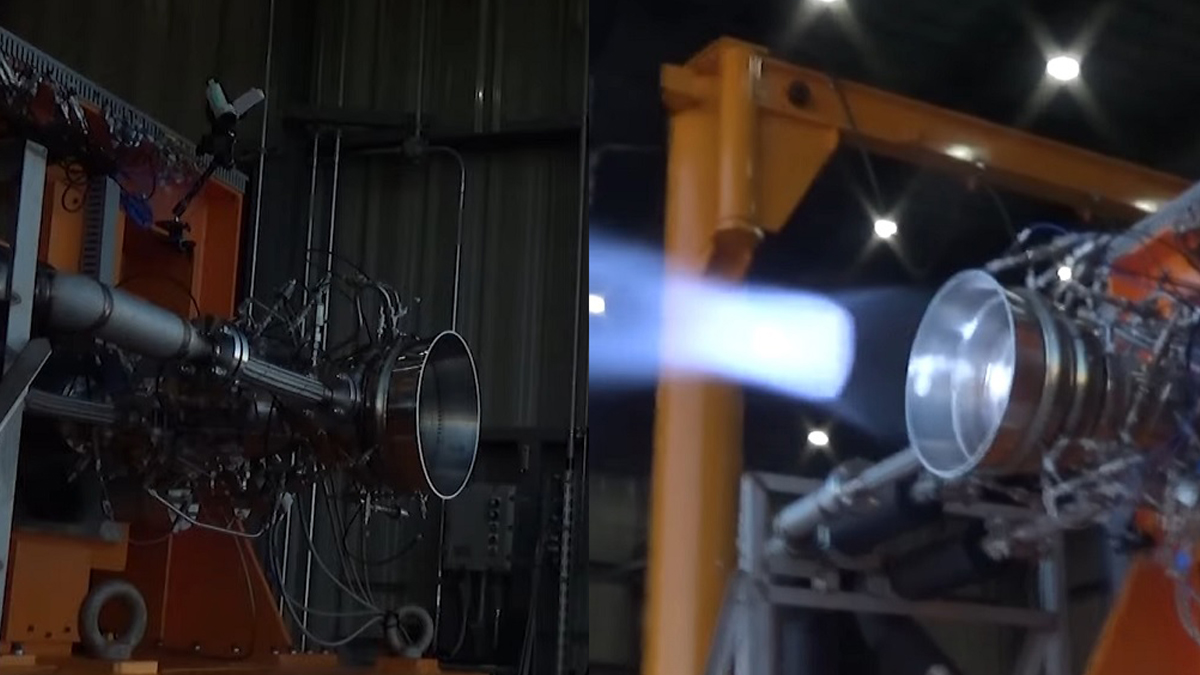
Japanese Startup Tests Rocket Fueled by Cow Dung

A Japanese space startup has unveiled a rocket that uses liquid methane derived from cow dung.
This is for the first time that liquid biomethane (LBM) has been tested as a rocket fuel, which could pave the way for a green alternative.
Japanese startup, Interstellar Technologies, conducted a 10-second “static fire test” of its Cosmos engine for the ‘Zero rocket’ at the Hokkaido Spaceport.
It also released a video of the test, demonstrating the viability of the fuel, which is clean as well as readily available in abundance.
In a statement released on December 7, the startup said that the rocket was developed through research and developmental efforts by people from Tokyo University and JAXA Space Innovation.
“The number of components has been reduced to one-tenth of conventional engines, fundamentally lowering the manufacturing costs of a rocket engine, estimated to constitute half of the overall expenses,” Interstellar stated.
As per the company’s release, the ongoing series of static fire tests is poised to enhance the progress in developing and manufacturing a 130kN-class operational model.
The Japanese startup has ambitious plans for the future, which aims to use this innovative rocket engine to launch satellites into low-Earth orbit.
Experts have long shed light on the environmental impact of rocket launches, especially those powered by oxygen and kerosene fuel.
These launches have been linked to the emission of black soot into the upper atmosphere, where the particles can linger for years.
This contributes to global warming big time, while also posing a threat to the fragile ozone layer.
It must be noted that the concept of harnessing methane derived from cow dung as a fuel source is not new but farmers around the world already use it to heat their homes.
However, it is for the first time that the fuel is being considered for powering a space rocket, showcasing the versatility of cow dung as a sustainable resource.
The successful test of the Zero rocket engine indeed heralds a new era in space exploration, which could even pave the way for economic space tourism in the future.
(With inputs from agencies)
- PM Oli Hails Thailand Visit and BIMSTEC Summit Participation as Fruitful and Impactful
- PM Oli Vows to Deepen Nepal-India Relations Following Productive Talks with Indian Counterpart
- Kathmandu Chokes on Toxic Air as Health Concerns Mount
- Myanmar Earthquake Death Toll Surpasses 3,300, UN Calls for Global Support












Comments